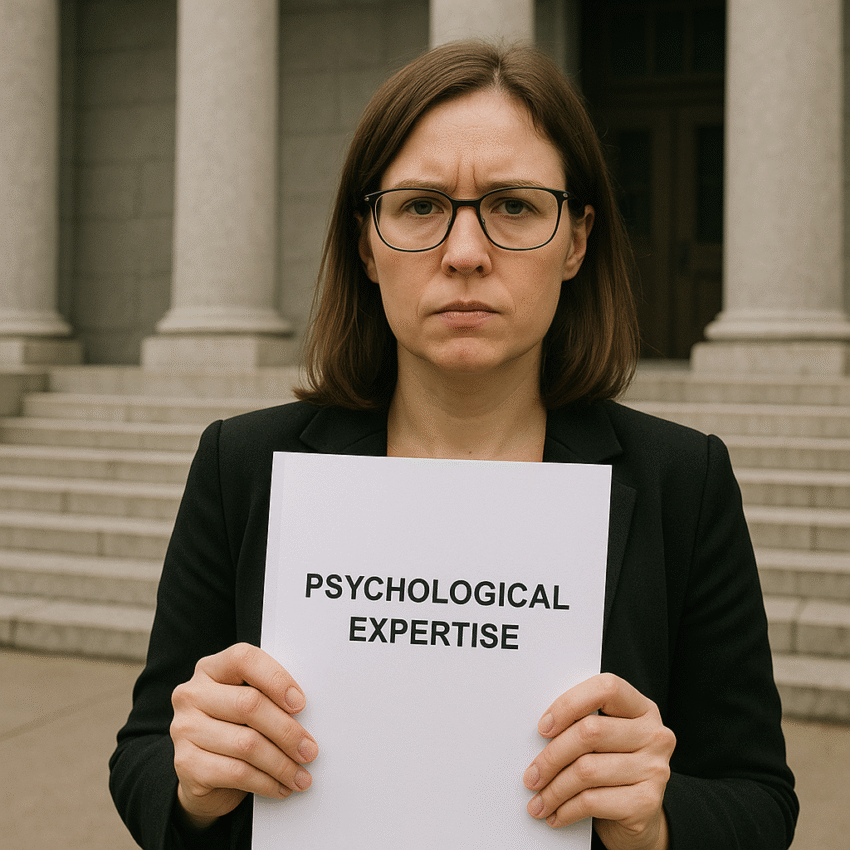In German family law, there is one document that can weigh more heavily than any number of hearings, witness statements, or even your own testimony: the psychologisches Fachgutachten — a court-ordered psychological expertise.
This report is not a casual assessment. It is a formal, detailed investigation carried out by a court-appointed expert, usually a psychologist, in cases where the court needs to decide sensitive issues such as custody, visitation rights, or potential risks to a child’s welfare.
The Purpose
Family court judges are legal specialists, not psychologists. When questions arise about a child’s development, the parenting capacity of one or both parents, or the impact of certain life circumstances on a child’s well-being, the judge turns to an expert. The Gutachten is meant to provide an objective, science-based foundation for the court’s decision.
The Process
A typical expertise involves:
- Interviews with each parent, the child, and sometimes extended family or other relevant persons.
- Observations of parent–child interactions in controlled settings.
- Psychological tests aimed at assessing personality traits, mental health, or parenting skills.
- Review of documents such as school reports, medical records, and prior court decisions.
The expert then interprets all collected data in light of established psychological theories and writes a comprehensive report for the court.
Its Weight in Court
Although the judge is not bound to follow the recommendations in the expertise, in practice, the Gutachten often becomes the backbone of the decision. Many judges give it decisive weight, especially in complex cases where psychological questions are central.
This makes the expertise both powerful and, at times, controversial. If it is thorough, methodologically sound, and impartial, it can help protect children and guide fair decisions. But if it is flawed, biased, or incomplete, it can tilt the entire case in the wrong direction — with consequences that last for years.
Why This Series?
In the coming articles, I will examine, step by step, one such expertise from my own custody case. I will compare the court’s original mandate with what the expert actually examined, review the methodology, and highlight where interpretation may have strayed from objectivity.
The goal is not only to share my personal experience but to open a broader discussion: how can we ensure that such powerful reports meet the highest standards of fairness, accuracy, and accountability?
Next in the series: The Mandate vs. the Execution – When the Expert’s Focus Shifts from the Court’s Questions.

